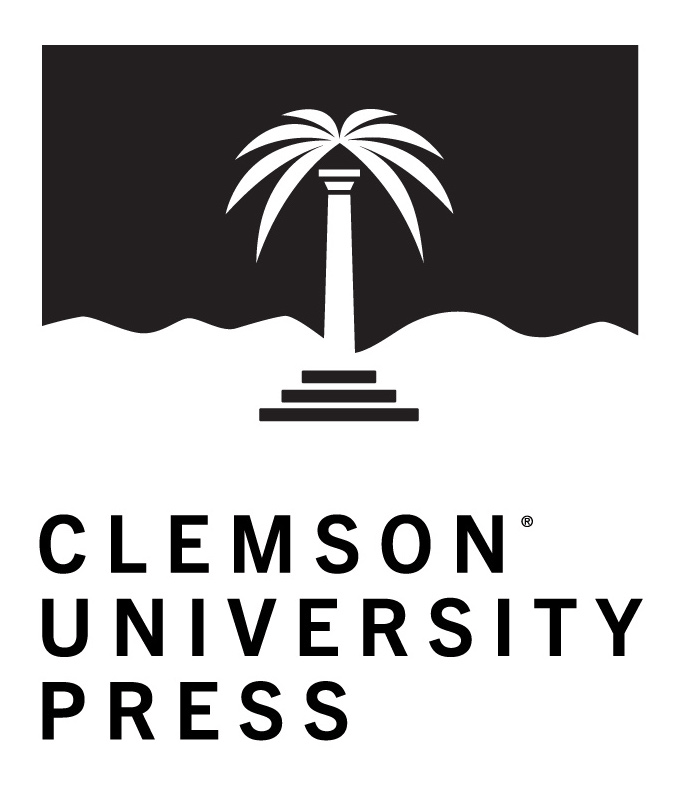About This Journal
Banner Image Credit: Sarah White, Ph.D., Clemson University, Associate Professor of Horticulture
The Journal of South Carolina Water Resources is published by Clemson Extension Publishing.
Managing Staff Editor: Dawn Michele Anticole, M.M.C.
Clemson Cooperative Extension, 112A Barre Hall, Clemson S.C. 29634
(864) 656-9872, dawnw@clemson.edu
Please review the Policies and Article Preparation Guidelines prior to preparing a submittal.
2024 CALL FOR SUBMITTALS: Annual Issue
The editorial committee is exploring a rolling submissions process. More details will be made available in late fall 2023.
All submittals are to be related to South Carolina water resources or applicable to water resource professionals within the private, public, or academic sectors in South Carolina. General categories of submissions invited by the editorial committee include data-driven analysis and policy or case study management.
Suggested Topics:
- Monitoring Source and Waste Waters for Health Protection
- Climate Change - Water Cycle Assessment, Management and Planning
- Stormwater Science and Management
- Community Engagement, Citizen Science and Resiliency
- Surface and Groundwater Use Assessment and Management
- Estuarine, Coastal and Beaches Water Monitoring, Modeling and Management
- Drought and Flooding Major Extremes Monitoring and Adaptation
- Wetland Science, Restoration and Management
- Contaminants of Concern
- Harmful Algal Blooms
- Source Water Protection
- Stormwater Control Measures
- Submittals are to be related to South Carolina water resources.
- There is an 8,000 word limit for full articles (using 10.5 point font in Times Roman) approx. 20 pages; this includes tables and figures. A half-page-sized table or figure is equivalent to 200 words; a quarter-page figure or table is 100 words.
- For those authors who may not have a full study but would like to submit content for new ideas or topics, recent advances, or significant matters related to South Carolina water resources, the JSCWR now accepts short communications. Short communication submittals are concise articles, usually no longer than 2,500 words, that introduce impactful research or topics and provide an explanation for why dissemination of the information prior to a full study is beneficial.
- Articles should be submitted as Word files and should have line numbering inserted. Please view the formatting and style guidelines at this link.
Please contact the Managing Staff Editor at dawnw@clemson.edu if you have any questions.
As part of the Water Chats program, the South Carolina Sea Grant Consortium, Clemson Extension, and South Carolina Water Resources Center are coordinating the 2024 Journal of South Carolina Water Resources Special Issue focused on water quality research, natural resource management applications, and outreach and communication strategies. Water Chats is a technical training program designed to facilitate access to and use of new and emerging water quality research to inform natural resource management decisions in South Carolina. The JSCWR is accepting two types of articles for this special issue: research articles and short communications pieces, both of which are described in more detail in the Call for Articles flyer.
2024 Special Issue Suggested Topics:
MISSION STATEMENT
The Journal of South Carolina Water Resources is an annual peer-reviewed journal dedicated to scientific research and policy on all aspects of water management to prepare for and meet the growing challenge of providing water resources for sustainable growth of South Carolina’s economy while preserving its natural resources.
The aim of the Journal of South Carolina Water Resources (JSCWR) is to provide a forum for peer-reviewed articles focused on South Carolina's water resources, with the goals of influencing science-based management decisions and heightening awareness. General categories of submissions include data-driven analysis and policy or case study management. South Carolina is a water-rich state, and as our population and economy continue to expand, access to reliable and clean water resources is critically important for the resiliency, health, and well-being of South Carolinians. Wider knowledge and awareness of the issues are of utmost importance to protect and make the most of our water resources.
The JSCWR was established in 2013 with the formation of an editorial committee by a group of South Carolina Water Resources Conference (SCWRC) committee members. The SCWRC is a biennial conference and provides an integrated forum for discussion of water policies, research projects, and water management in order to prepare for and meet the growing challenge of providing water resources to sustain and grow South Carolina's economy. For more information about the SCWRC, please visit www.scwaterconference.org.
PUBLISHING SUPPORT AND AUTHOR FEES
Funding for the JSCWR is provided by contributors to the South Carolina Water Resources Conference. There is no publishing fee for authors.
INDEXING
Clemson University Press is pursuing indexing for the JSCWR.
SUBMITTALS
Full Articles and Short Communications
Templates are available for Full Research Articles and Short Communications.
SCWRC Conference Proceedings
Submittals with the same work that was submitted as a manuscript for the proceedings of a past South Carolina Water Resources Conference should not contain more than 1/3 of the information presented in the conference manuscript.
Content Currently Available on the Internet
If more than one-third of the content of a submission is available on the Internet, and the source on which it is posted is not a publishing body, the editorial committee will evaluate the submittal in order to determine if it can be accepted for the review process. These types of accepted submittals will be assigned a different category name instead of being named a full article or short communication. The purpose of accepting publications of this type is to apply a formal peer-review process to improve and validate the content, as well as provide long-term archival placement.
REVIEW PROCESS
Acceptance into the review process does NOT mean the article will be published, rather it means the author’s submitted manuscript will proceed through a mandatory peer-review process with an appointed editorial committee member and guest reviewers.





